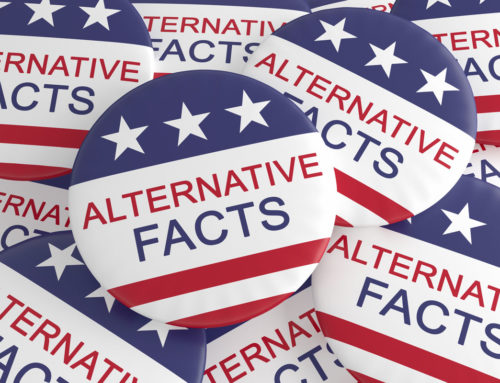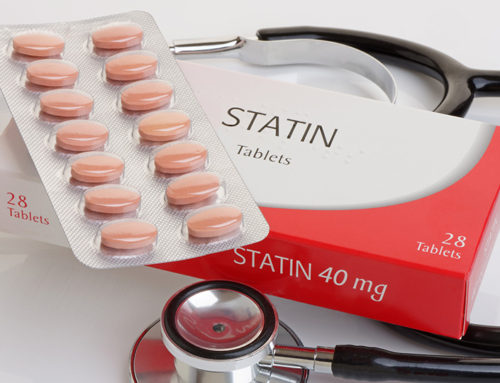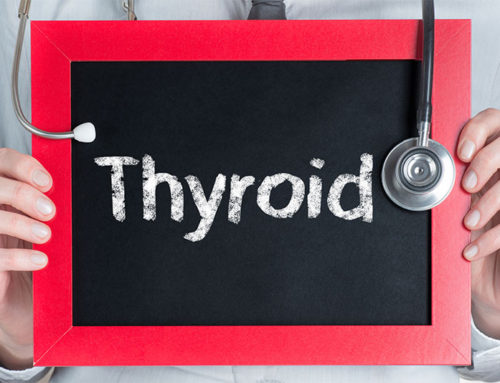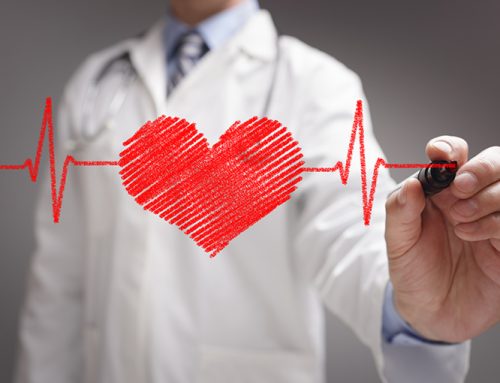A new study in the journal Trends in Endocrinology and Metabolism shows your brain finds cheap, high-calorie foods especially rewarding.
Researchers here studied brain activity to better understand how your appetite works and, more importantly, how your brain associates reward with the foods you eat.
As you might guess, brain chemistry is an incredibly complex science, and every piece of the puzzle can help in scientists’ understanding about obesity.
“[T]here has been great interest in looking at the brain for the source of vulnerability to overeating in a world of cheap, abundant, high-calorie food,” said researcher Dr. Alain Dagher. “As a result of this research, differences between lean and obese individuals are starting to emerge.”
Dr. Dagher discovered obese people have brains more “activated” to sweet foods. So eating a bowl of Chunky Monkey ice cream would be more rewarding than, say, a bowl of Brussels sprouts.
Studies like these help scientists better understand brain signals that motivate you to overeat and how different things – edible or not – stimulate reward areas in your brain.
What I want to focus on is how anticipation fuels your brain’s reward mechanism and your tendency to overeat.
To better understand this, I want you to recall memorable events in your life. Maybe it was a first kiss, or a big vacation, or an exquisite five-course dinner at a Michelin-rated restaurant.
Whatever pleasurable activity you recalled, I’ll bet the idea of doing those things actually provided your brain more euphoria than doing them.
Don’t get me wrong. That kiss or vacation or dinner certainly provided pleasure, but anticipation offers its own gratification.
The same thing happens with food. Anticipating eating certain foods and actually eating these foods involve separate mechanisms in your brain.
Let’s say you’re at the mall, you’ve just had lunch, and you pass by one of those gourmet cinnamon bun places. Even though you’re hardly hungry, the wafting smell instantly makes you think I want a cinnamon bun…
Suddenly, everything else – finding a bargain at the Gap, for instance, and trying to figure out what color towels to buy your aunt for her birthday – takes a backseat to that craving.
Your anticipation to eat a hot cinnamon bun plays a key role in your desire to overeat.
A brain chemical called dopamine contributes to this process. Dopamine controls pleasure and aids your brain’s “reward circuitry.”
There’s nothing wrong with dopamine and anticipation. It’s how we evolved as a species, after all. But problems arise when you associate pleasure with the wrong stimuli or when the system breaks.
At that point your reward circuitry becomes hijacked, your “enough!” switch becomes blunted, and addiction is all too often the end result.
Ultimately, that hot cinnamon bun fails to satisfy. Even though it doesn’t taste great, you find yourself visiting the mall much more often to get your fix.
For some people, a hot cinnamon bun is a one-time enjoyable experience. But if every time you visit the mall you immediately think hot cinnamon bun, the reward connects to the substance.
Two things happen. You strengthen the association between the cue (hot cinnamon bun) and reward (that dopamine blast). And the cue itself (the thought or sight of a hot cinnamon bun) ignites dopamine circuits, where you have little control over your behavior.
Dopamine is what fuels your drive to get that hot cinnamon bun when it feels like nothing else will satisfy you, and when you certainly know you don’t need (or even want) it.
Pair that cinnamon bun with a powerful emotional stimuli—say, wonderful memories of your grandmother baking them—and those powerful associations release so much dopamine that your reward circuits become hijacked.
Next time you notice a powerful craving for something sweet, stop and become aware of what’s going on in your brain. Is the anticipation of eating it more rewarding than actually eating it?
Then determine if something else would equally satisfy you. Maybe take your dog for a long walk in the sunshine, for instance, or a hot bath.
Chances are, once you engage in that non-food activity, the craving will dissipate.
And even if it doesn’t, you’re one step closer to understanding your brain mechanism to curb your overeating.














Thank you so much for posting this. I put on so much weight which was emotionally related, so I’ve just found out, but now knowing it isn’t just because I want the ice cream, and it’s a switch in my brain that tells me it needs satisfying, then I believe I have more control over that and maybe, control my weight and start losing it. I can’t thank you enough for explaining this so well, it’s never made sense to me til now.